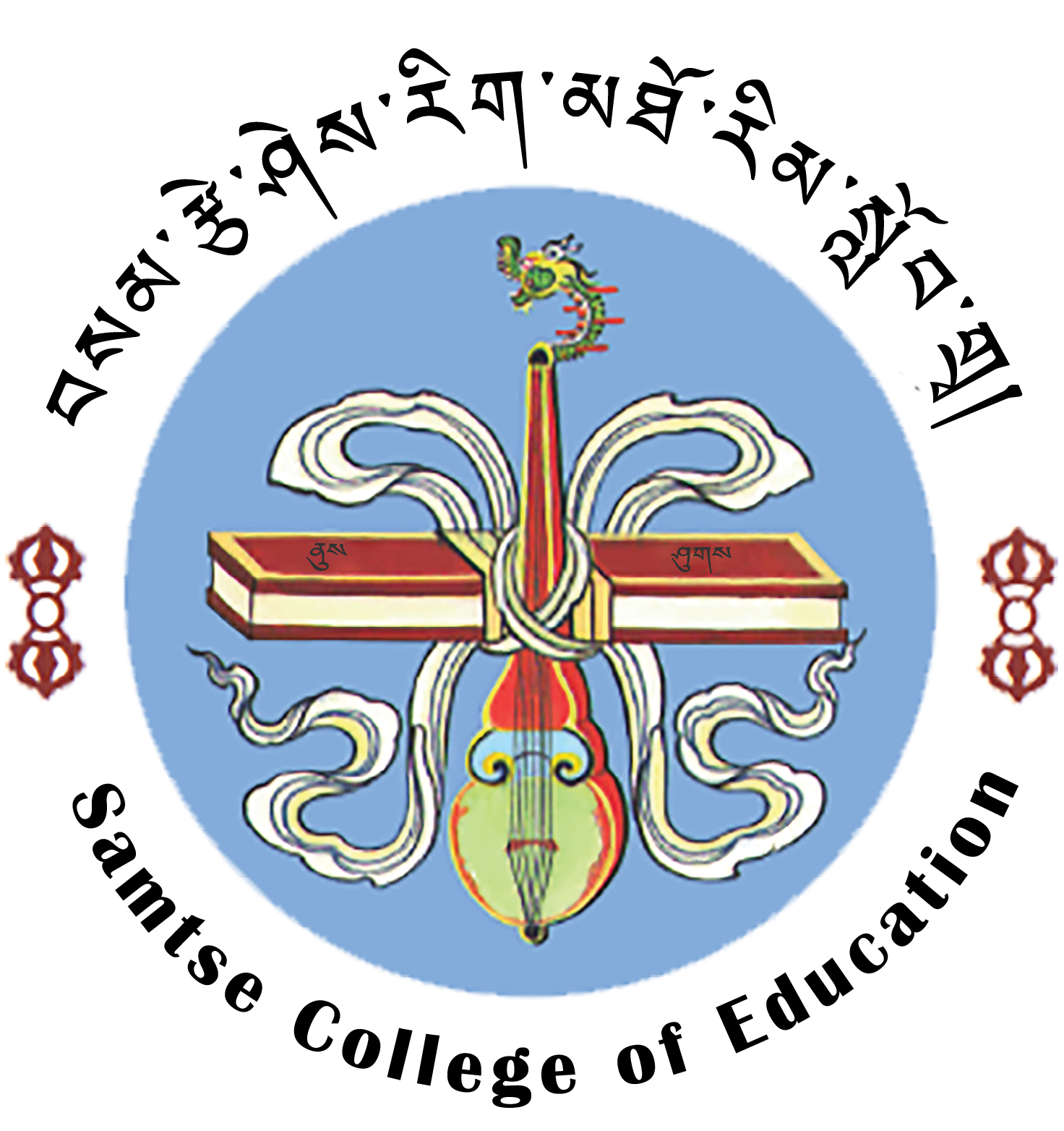Our approach to teaching, research and outreach services is inspired by our commitment to ལྟ་བ། (right view), སྒོམ་པ། (right contemplation) and སྤྱོད་པ། (right action) which lead to འབྲས་བུ། ་(right fruition or outcome)
SCE through the Years
As the kingdom’s first teacher education establishment, the launch of Samtse College of Education as a Teacher Training Institute (TTI) coincided with the historic development efforts that were being initiated in the 1960s. Bhutan’s experiment with its First Five-Year Plan was a successful one and in the process, the need for the skilled human resource was seen as imperative for the country’s social and economic development efforts. A number of schools were set up during the decade. It was necessary to have teachers who were home-bred, educated and trained not only in the emerging academic disciplines and secular methods but were knowledgeable and experienced in the country’s history, culture and heritage.
TTI was blessed and inaugurated by Late His Majesty Jigme Dorji Wangchuck on 29 May 1968. The institute began with an initial enrolment of 41 students, 39 of whom graduated successfully and became teachers and teacher educators and later played important roles in the educational development of Bhutan. In 1983, drawing on models and best practices in teacher education programmes in the UK, Australia, Switzerland and the Philippines and with assistance from UNESCO, TTI (now renamed National Institute of Education [NIE]), launched the country’s first undergraduate programme in secondary teacher education.
The birth of NIE coincided with the introduction of New Approach to Primary Education (NAPE) initiatives in the country, which brought about a paradigm shift in the way school education - especially curriculum and teaching pedagogies - was approached. NIE then introduced the country’s first Postgraduate Certificate in Education (PGCE) programme for university graduates in 1989, Bachelor of Education programme (B.Ed Primary) for higher secondary graduates in 1993, and Bachelor of Education programme (by distance) in 1995 for in-service primary school teachers.
It was here where the first Postgraduate Certificate in Education programme (Dzongkha) was also launched. SCE currently offers Masters, postgraduate, bachelors and diploma programmes in diverse fields of teacher education including science and mathematics, contemplative counselling, social sciences and humanities, language and literary education, IT, and commerce and business education. The College will introduce bachelors and Masters programmes in social work in the near future. SCE’s faculty members are actively engaged in policy-relevant research, policy and programme development for agencies in government and private sectors, and community service.
Our Vision
A center of excellence committed to research and innovation in Education
Our Mission
The College is committed and aspires to:
- Offer teaching and research programmes for secondary and tertiary level education of national and international relevance;
- Provide specialized programmes in secondary teacher education, contemplative counselling, and Buddhist inspired social work education;
- Play a leading role in training high-quality STEM teachers for secondary education in Bhutan;
- Facilitating trainings and continuous professional development for building lifelong learning teachers, counsellors, and social workers;
- generating policy advice and research for stakeholders in the government & private sectors via high impact topical research; and
- Engaging in international collaborations and research partnerships that will lead to innovation in education.
Promotional Video
